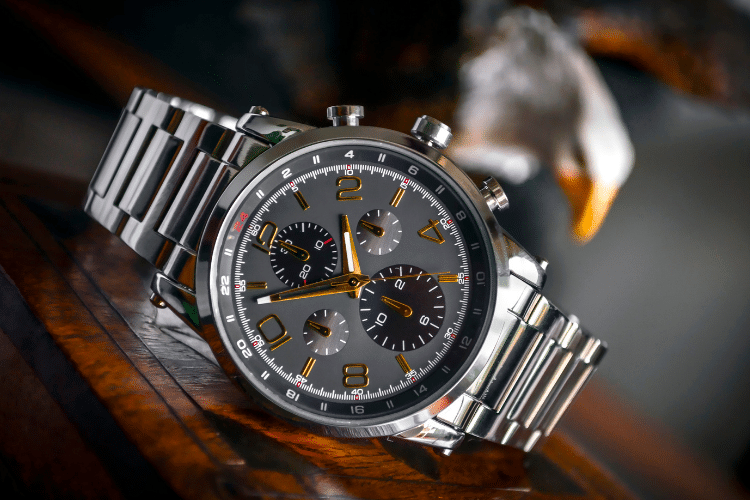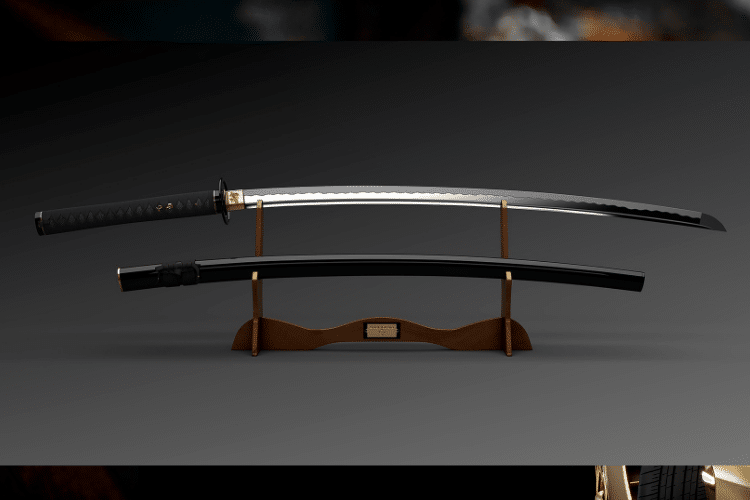When most people hear the word “luxury,” the first thing that pops into their head is money. Pricey watches, cars that cost more than a house, and brand names that scream status. But is that really what makes something luxurious? Is it just about the cost, or is there more to it than that? Let’s break it down.
Luxury, at its core, is supposed to represent something rare, high-quality, and crafted with care. It’s not just about what you buy, but how it’s made, the story behind it, and the feeling you get when you own it. So let’s explore this: is luxury about the price or the process?
What Exactly Does Luxury Mean?
The idea of luxury has changed over time. It used to be just about what only a few people could afford. But today, it’s more about how something makes you feel. Is it well-made? Does it have a story? Is it created with care and attention?
Luxury is becoming less about flashing logos and more about the details behind the product. People want to know where their stuff comes from. They want meaning and quality, not just a high price tag.
- Quality That Stands Out: You can feel true luxury when you touch, wear, or use it. It lasts longer, performs better, and feels richer. That’s not something you always get with mass-produced products.
- Emotional Experience: Luxury isn’t just something you buy – it’s something you experience. It connects with emotions, like pride, satisfaction, and even nostalgia. The feeling of owning something special can’t be faked.
- Attention to Detail: From the stitching in a designer bag to the hand-polished finish on a luxury watch, details matter. These small touches set luxury products apart from everything else on the market.
The Role Of Craftsmanship In Luxury

Craftsmanship is what gives luxury its soul. When something is handcrafted or carefully assembled with high-quality materials, it shows. You’re not just paying for the item – you’re paying for the years of skill it took someone to learn how to make it.
In the luxury world, process matters. People are turning their attention to how things are made again, and for good reason. In a time when almost everything is mass-produced, a handcrafted piece feels more valuable than ever.
- Hermès’ Commitment To Quality: Hermès isn’t just a brand; it’s a symbol of true craftsmanship. Every one of their bags is handmade by a single artisan. The process takes days, sometimes weeks, and the result lasts for decades – and never goes out of style.
- Italian Artisans And ‘Made In Italy’: “Made in Italy” still holds a strong reputation because of the country’s skilled artisans. But with a shrinking number of young people taking up the trade, preserving this culture is a challenge. Still, brands that tap into this tradition continue to shine globally.
- Luxury That’s Built To Last: One key part of real craftsmanship is durability. A well-made luxury item isn’t just pretty – it’s tough. It’s meant to stand the test of time, which is something cheap products can’t promise.
The Balance Between Price And Process

Let’s be real, price plays a role in defining luxury. But it’s only one piece of the puzzle. In today’s world, buyers are becoming more aware. They want to know why something is expensive, not just that it is. That’s where the process comes in.
That’s also where brands like samuraiswordstore.com come into the conversation. This company specializes in authentic Japanese swords, including iconic katanas, tantos, and wakizashis.
- Handcrafted Over Mass Produced: Handmade Items carry more value because they take time, skill, and precision to create. Machines may be fast, but human hands give soul to a product. That’s why handcrafted items from places like Samurai Sword Store are so appreciated.
- Products With A Story: People love a good story, especially when it adds depth to what they’re buying. Knowing the story behind a product, whether it’s how it was made or the inspiration behind it, makes it more meaningful. This adds emotional value that a high price tag alone can’t buy.
- Limited And Rare Items: Scarcity also influences how luxury is perceived. If something is hard to get, people want it more. Limited runs and exclusive releases naturally make a product feel more luxurious, especially when the creation process backs it up.
Pricing Strategies In Luxury
So yes, price still matters. But luxury pricing isn’t random – it’s often a calculated decision. High prices are used to create exclusivity and to send a message: this item is not for everyone. But does high cost always mean high quality? Not necessarily.
Some brands use smart pricing strategies to create a feeling of luxury, even if the product isn’t that special. That’s why it’s so important to understand what you’re really paying for.
- Psychological Pricing Tricks: Ever notice how something priced at $499 feels cheaper than $500? That’s called psychological pricing, and it tricks your brain into thinking you’re spending less. Luxury brands sometimes use this to make their products feel slightly more accessible.
- Price Anchoring: When brands show you a super expensive item first, everything else looks like a deal. That’s called anchoring. It’s a smart way to guide how customers view price and value.
- Status Through Expense: A lot of people equate a high price with high status. That’s why some luxury items are priced the way they are – the buyer wants to feel like they’re part of an elite group. Sometimes the price is less about what you get, and more about what it says.
The Emotional Appeal Of Luxury

We can’t ignore the fact that luxury is emotional. It’s not just about what you wear or use but how it makes you feel. Luxury connects to identity, self-worth, and even nostalgia.
The emotional side of luxury is powerful. It’s what keeps people loyal to certain brands for life. When a product makes you feel good, you’re more likely to talk about it, show it off, and return for more.
- Status Symbol and Identity: Luxury goods can signal success and taste. People buy them not just for quality, but to show the world something about themselves. This signaling power is one of the strongest emotional drivers in luxury.
- Luxury As A Reward: Many consider luxury a reward after hard work. It’s like saying, “I deserve this.” That feeling makes the product more valuable to the buyer because it’s tied to personal growth or accomplishment.
- Connection and Memory: Luxury items often become part of someone’s personal history. Whether it’s a watch gifted on a graduation day or a collector’s piece from a favorite show like Bleach, those items hold sentimental value beyond dollars.
Conclusion
So, is luxury about the price or the process? Honestly, it’s both, but the process is becoming more important than ever. A product that’s made with care, skill, and passion will always feel more luxurious than something that’s just expensive for the sake of it.
As consumers become more mindful, they’re asking better questions. They want to know where their money is going and what it stands for. In the end, luxury is personal. It’s about what speaks to you, what reflects your values, and what brings joy. Price might get your attention, but the process is what makes it unforgettable.








